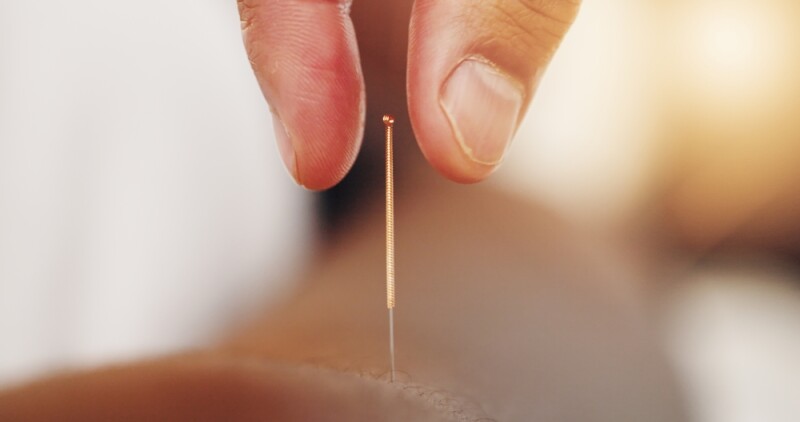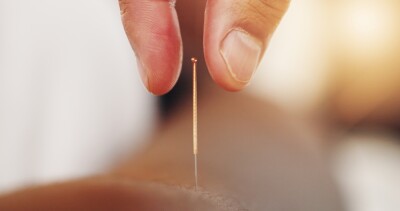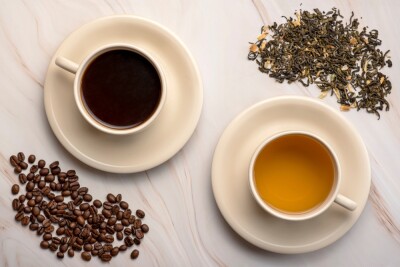Diet helps protect against hospital-acquired infection
A diet high in carbohydrates and low in fats and protein may help alleviate the hospital-acquired infection Clostridioides difficile, according to a new study published in the journal mSystems.
Researchers from the University of Nevada Las Vegas found that an interaction between antibiotic use and a high-fat and high-protein diet exacerbate Clostridioides difficile infections in mice. Conversely, they found that a high-carbohydrate diet, which was correspondingly low in fat and protein, nearly eliminated symptoms.
Clostridioides difficile, an intestinal infection designated as an urgent threat by the U.S. Centers for Disease Control and Prevention, is often acquired when antibiotics have wiped out the "good" bacteria in the gut. Hundreds of thousands of people are diagnosed with Clostridioides difficile infections each year and more than 10,000 die.
Recent studies suggest that because antibiotics kill bacterial species indiscriminately, the medications decimate populations of organisms that compete for amino acids, leaving Clostridioides difficile free to propagate. However, the authors said the story is even more complex.
The study raised other questions as well, including whether the high-carbohydrate diet, which was protective against Clostridioides difficile infection, gave rise to the least diverse community of microbes.
Though studies suggest dietary protein exacerbates Clostridioides difficile, there's little or no existing research exploring the interaction of a high-fat/high-protein diet with the infection. Researchers caution that the study was conducted using an animal model, and more work is underway to begin to establish a link between these diets and infections in people.




















SHARE